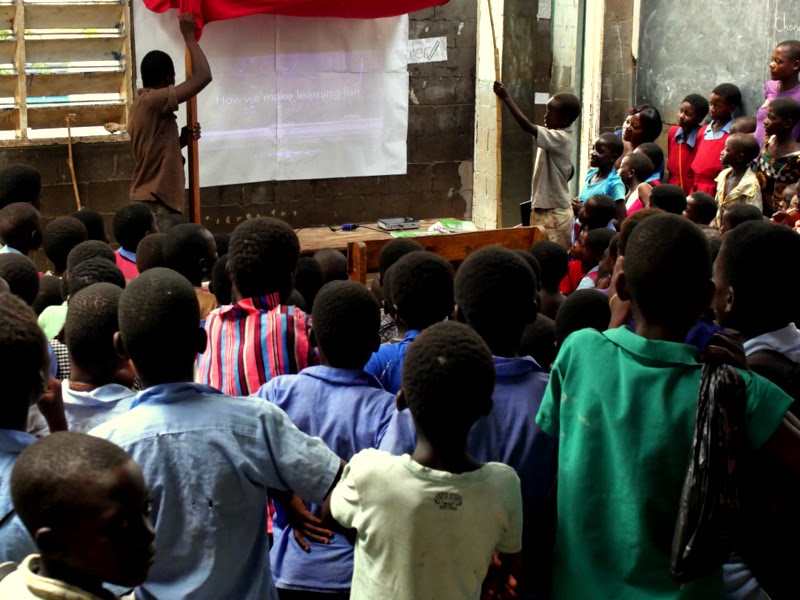On Tuesday 30th June we held the UK screening of the film 'We are Teachers' at Mary Ward House in London. We were delighted to be able to share the film with such a broad audience made up of academics, policy makers, education specialists, PV practitioners and students. Thank you to those who came!
If you'd like to watch the film again, or share with colleagues, you can find it at the following links:
The main film: https://vimeo.com/123403447
The main film with subtitles: https://vimeo.com/123427661
Some behind-the-scenes comments from two teachers and a head-teacher: https://vimeo.com/123427662
Please remember these films are under Creative Commons Attribution so do feel free to use them for educational purposes (we'd love to know about it if you do) and always credit the makers and the organisations involved (these details appear beneath the project titles)
If you would like to know more about the ongoing collaboration between The Open University, DAPP Malawi and Catcher Media Social, please feel free to contact the Principal Investigator Dr Alison Buckler or leave a comment underneath this page.
If you would like to know more about DAPP's approach to developing 'a different kind of teacher', you can visit their website.
If you would like to know more about the practice and processes of participatory video, and how our partner Catcher Media works with other organisations their website is here.
Thanks also to The Open University's Strategic Research Investment Fund for funding the screening and reception, Mary Ward House for providing such a beautiful venue on such a glorious summer evening, and Nick Holt for the photographs.












